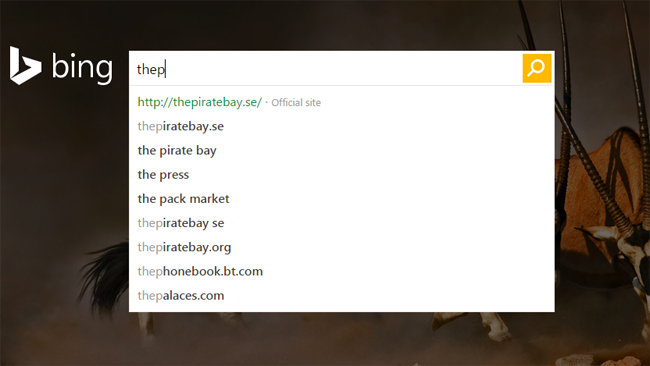Fighting an RIAA Piracy Lawsuit Might Sound Cool But..
dimanche 18 octobre 2015 à 18:15 With its pretty interface there was never any doubt that brand new file-sharing app Aurous would be making headlines upon launch. It’s certainly lived up to that billing.
With its pretty interface there was never any doubt that brand new file-sharing app Aurous would be making headlines upon launch. It’s certainly lived up to that billing.
The software was tested here at TF a few weeks ago before it was available to the public. As a general rule we don’t ‘review’ sites or software, however with Aurous things felt different. Call it gut instinct after years of writing about copyright issues but this one had newsworthy – and litigation – written all over it.
Sure enough, on Tuesday the RIAA sued Aurous and co-founder Andrew Sampson. There was no surprise in TF’s virtual newsroom, only a sense of inevitability followed by a simultaneous “that was quick”. And the RIAA was definitely quick. In the space of 72 hours they tested Aurous, analyzed its code and briefed their lawyers.
That said, preparation had been done. Like thousands of others the RIAA would’ve noticed Andrew Sampson’s personal website detailing the open source projects he has on the go. And when they were done reading that they no doubt moved to his very public Github and Facebook pages. Hell, the guy even has a Wikipedia page dedicated to him.
So, unless the above amounts to seriously impressive decoy activity as part of a master plan in which Sampson leads the RIAA down a spectacular blind alley, we can presume that his true identity is well and truly out of the bag. And when you have the RIAA breathing down your neck, that must absolutely suck.
Yet aside from complying with a restraining order handed down on Thursday, Sampson seems totally unfazed. Maybe it’s his relatively tender age (he’s reportedly just 20) that gives him the strength to challenge the CEOs of the major labels to an arm wrestling match on Twitter. Maybe he’s insane. Maybe, just maybe, he knows something we don’t and he’s chuckling to himself right now.
If that’s the case, good for him I guess, but if not a miserable road lies ahead. Just thinking about what the Grooveshark guys had to go through year after year is stressful enough, not to mention the fact that Paul Geller, the company’s former EVP of Strategic Development, thinks Sampson’s fight “won’t be pretty“.
Worryingly Grooveshark had better odds of winning too. The service had a massive head start over Sampson, some licensing deals on board and significant dollars in the bank to put up a fight. Well, they started with dollars in the bank……
And that’s the thing. To many the idea of fighting the mighty RIAA will have a romantic ring to it, like David bringing down Goliath, like Hannibal inflicting huge losses on the Romans. But these are people’s lives were talking about and in the case of Sampson (and if his date of birth is accurate) it’s a life that’s barely out of the starting blocks.
So why the concern over a person I know little about getting himself into a fight with the RIAA? Well, quite apart from the fact that history shows us that no file-sharing developer has ever got into a proper war with the RIAA and truly won, I can’t stop thinking about someone who i’ve been in touch with for a year or so now.
I need to protect his identity but let’s just say he’s one of several people facing serious copyright infringement charges that will almost certainly change their lives forever. In our last exchange he sounded absolutely broken and I have no doubt whatsoever that given the chance he would’ve done things differently. I’ve been wondering how much that option would be worth to him today – probably every penny he has.
Sure, being a disruptor and fixing broken business models is the stuff of heroes and by its nature involves many risks, but are those risks really worth taking at 20 years old in 2015? Against the RIAA? A group that knows almost everything there is to know about copyright infringement lawsuits and one that can easily outspend you even if they can’t win?
Make no mistake, unless the RIAA decides otherwise Sampson is in an unwinnable fight that no lawyer will ever be able to turn around. Even Mike Masnick said as much on Friday and that is not a good sign.
Importantly, though, there’s no shame in walking away from an unwinnable fight because by making a strategic withdrawal without your own blood being shed, you’ve actually won. There’ll be another way for a bright and talented guy like Sampson to achieve his aims, if he makes the right decisions now.
Good luck Andrew, you know it makes sense.
Source: TorrentFreak, for the latest info on copyright, file-sharing, torrent sites and ANONYMOUS VPN services.
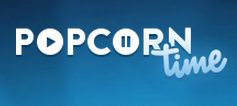 Lawsuits against file-sharers are commonplace in the United States. Over a quarter million people have been accused in recent years, most after using standard BitTorrent clients.
Lawsuits against file-sharers are commonplace in the United States. Over a quarter million people have been accused in recent years, most after using standard BitTorrent clients.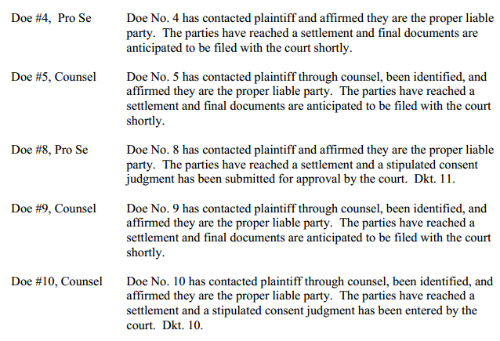
 Earlier this month several copyright holder groups submitted their overviews of “notorious markets” to the U.S. Trade Representative (
Earlier this month several copyright holder groups submitted their overviews of “notorious markets” to the U.S. Trade Representative (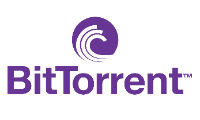 To the vast majority of technology enthusiasts the term ‘BitTorrent’ means one thing – the sharing of large files with like-minded individuals quickly and freely across the Internet.
To the vast majority of technology enthusiasts the term ‘BitTorrent’ means one thing – the sharing of large files with like-minded individuals quickly and freely across the Internet.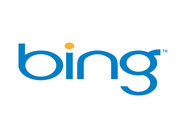 According to stats released by
According to stats released by 
